As the midyear mark approaches, let’s reflect on eight groundbreaking and captivating movies unleashed in 2022 thus far. The narratives of these films take us speeding down the freeways of Los Angeles, plunging into the shadows of Calabrian caves, or exploring unnerving digital realms late into the night. Despite the variety in their plots, they stand out for their original visual storytelling, a keen sensitivity to their characters and settings, and their innovative explorations of film as an art form.
Ambulance (Directed by Michael Bay)
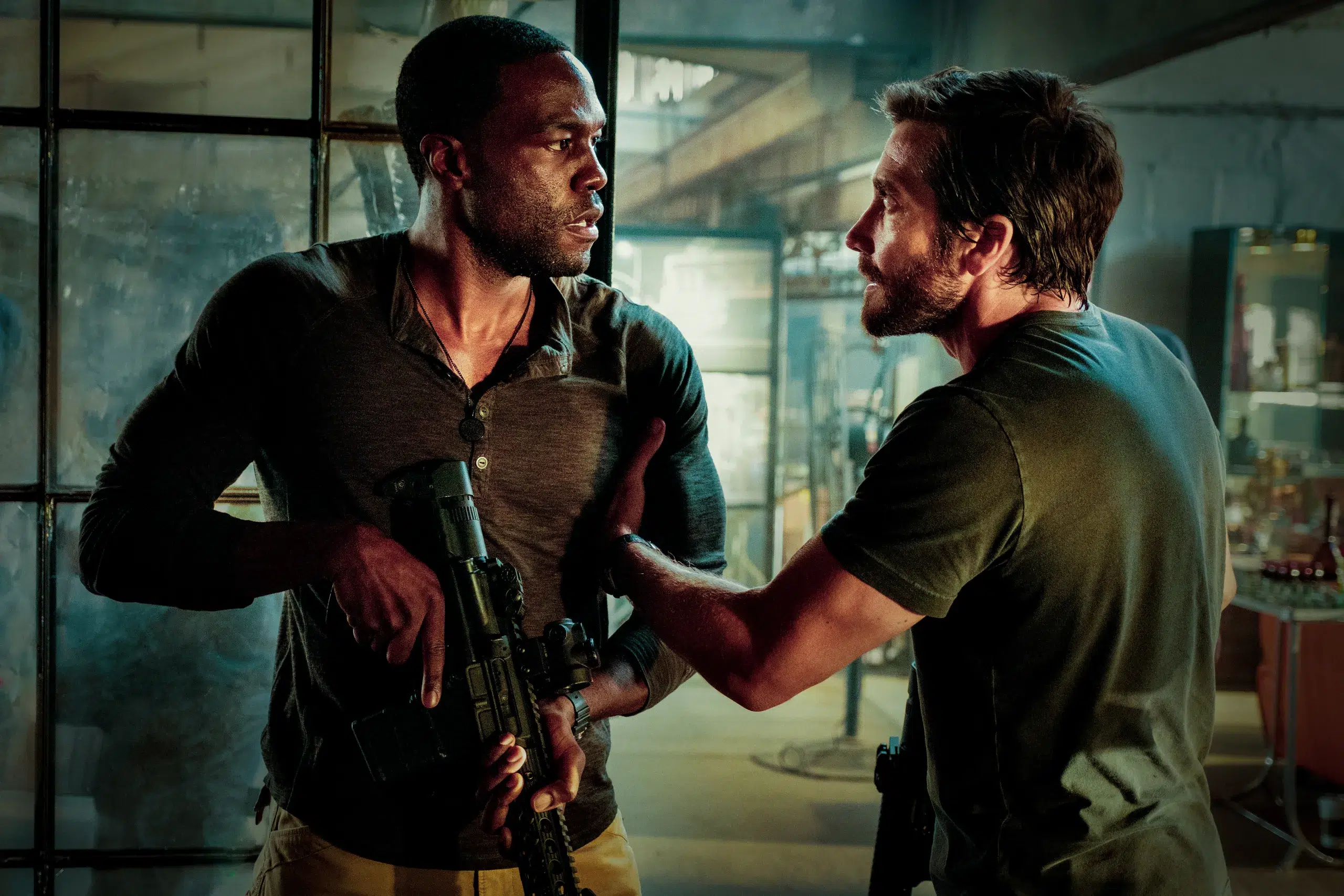
Michael Bay sharpens his explosively patriotic filmmaking in Ambulance, a thrilling ride filled with chaotic energy. The film captures a bank heist that spirals into a high-octane chase, while Bay’s frenzied cinematography dances across scenes. Employing a plethora of sweeping drone shots and quick cuts, the viewer’s perspective flies through the events, immersing us in a virtual participant’s role. Celebrating the finest traditions of action filmmakers like Tony Scott and Michael Mann, Ambulance celebrates digital cinematography’s artistry, delivering a B-movie wrapped in the thrills of adrenaline, heavy perspiration, and the fiery embrace of combustible fuel.
Il Buco (Directed by Michelangelo Frammartino)
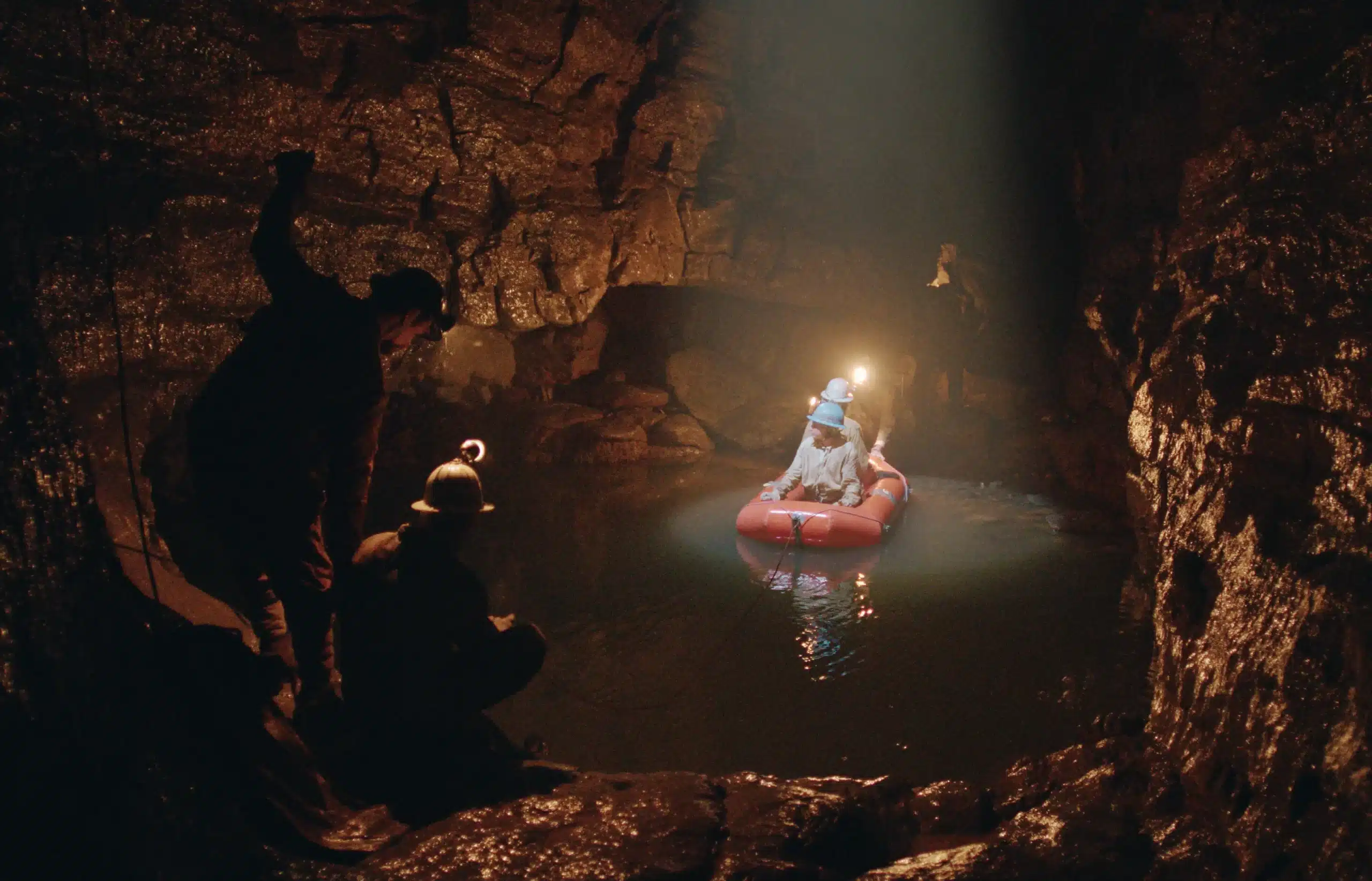
Set against the backdrop of the 1960s Italian modernization, Michelangelo Frammartino’s Il Buco is a meditative journey through a profound spelunking exploration in Southern Italy. Silently chronicling the descent of speleologists into the earth’s bowels, this visual feast diverts from the era’s towering urban progress to delve into nature’s clandestine wonders. The film articulates the tension between human expansion and natural sanctuaries, serving as a stark critique of Italy’s relentless march toward industrialization. Amidst the cinematic slowness, the light of flickering torches illuminates the cavernous gloom, offering a symbolic refuge from modernity’s rapid advancements. With its serene pacing, Il Buco presents a resonant reflection on man’s footprint in the natural world.
Crimes of the Future (Directed by David Cronenberg)
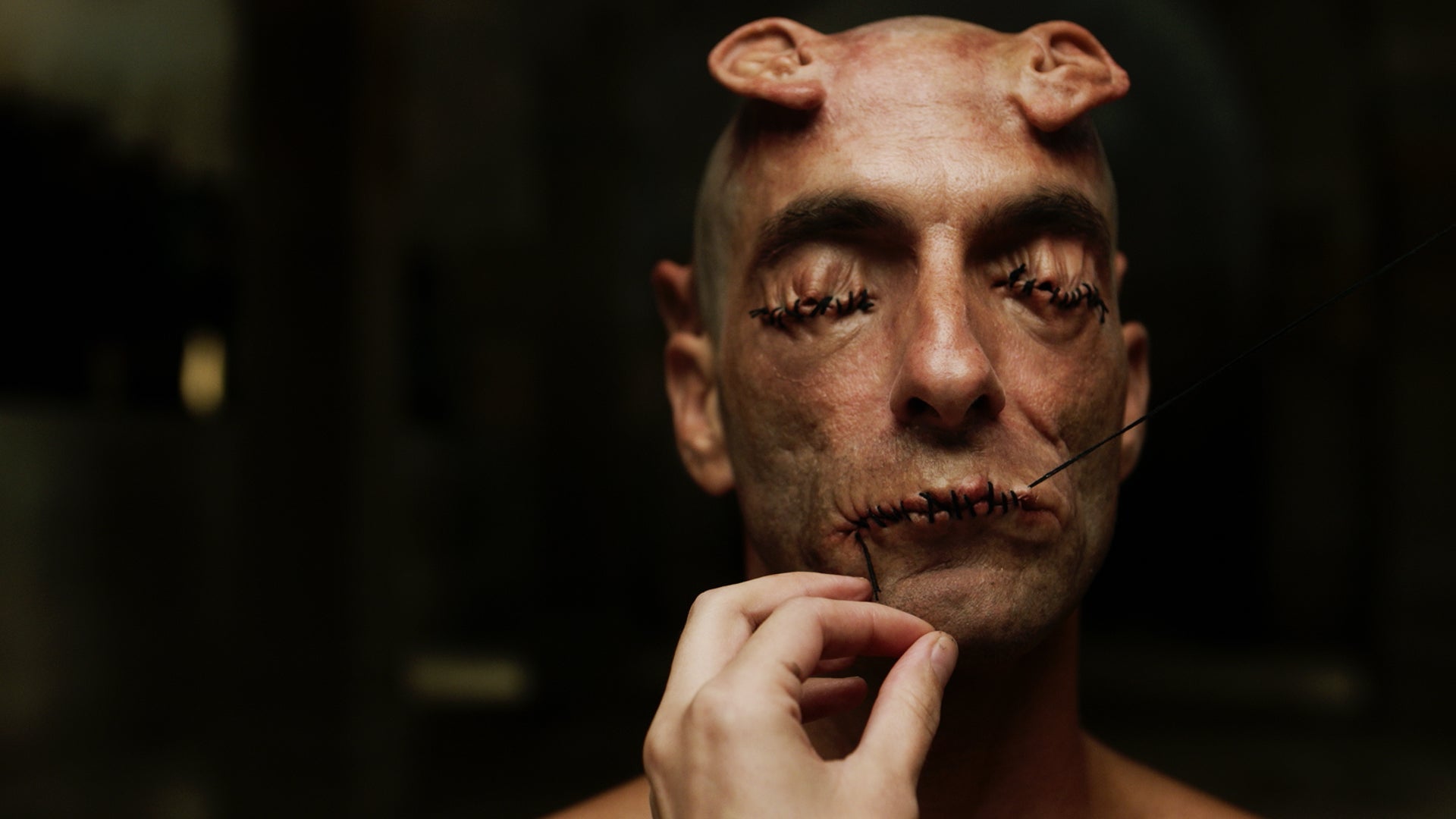
David Cronenberg makes a dramatic return with Crimes of the Future, blending his hallmark fascination with technology and the body’s evolution. The film is set in a strange future where flesh meets art in uncanny performances, combining esoteric dialogue and unabashedly camp artistry. Viggo Mortensen, Léa Seydoux, and Kristen Stewart lead the cast with melodramatic flair, contributing to an atmosphere of surreal human theater. Cronenberg’s signature exploration of the flesh is colored by the gravitas of age and the pressures of disruptive change, culminating in a contemplative, surprising finale. While several projects from Cronenberg are on the horizon, Crimes of the Future stands as a poignant summation of his prolific career.
In Front of Your Face (Directed by Hong Sang-soo)

Hong Sang-soo presents In Front of Your Face, which circles around the protagonist Sangok’s attempt to live in the moment. Despite a background filled with glamour and the secrecy of her terminal condition, she persists in her endeavor. Director Hong structures the narrative between seemingly insignificant interactions that ultimately underscore the temporality and inherent value of living in the present. Each scene is a tribute to the simplicity of the now, challenging traditional perceptions of significance and importance in the everyday.
Limbo (Directed by Soi Cheang)
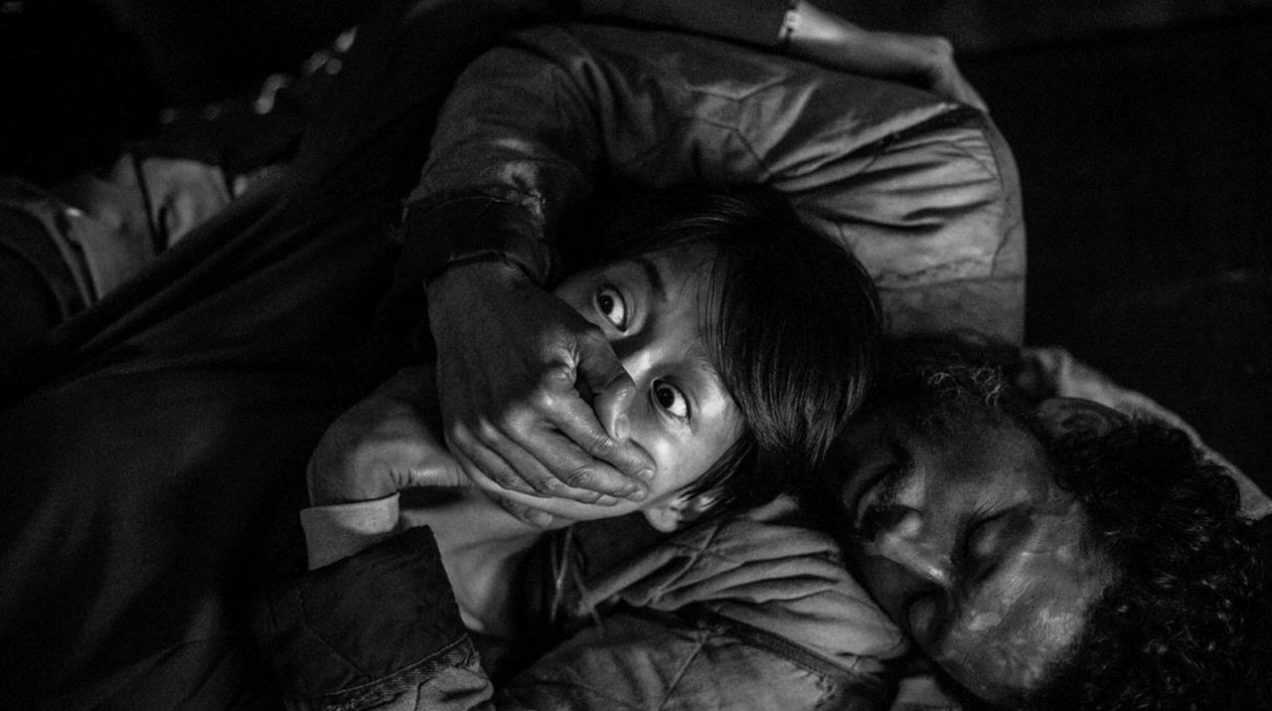
Director Soi Cheang’s Limbo portrays Hong Kong as an intermediary realm filled with the echoes of troubled spirits. The film traverses familiar neo-noir ground but carves a resonant impression with its atmospheric setting and central focus on characters that are haunted by their pasts, navigating the dismal and refuse-laden streets. Its slow unveiling of grief across the expressive characters challenges the initial veneer of despair, providing an introspective look at trauma’s imprisoning hold.
Mariner of the Mountains (Directed by Karim Aïnouz)
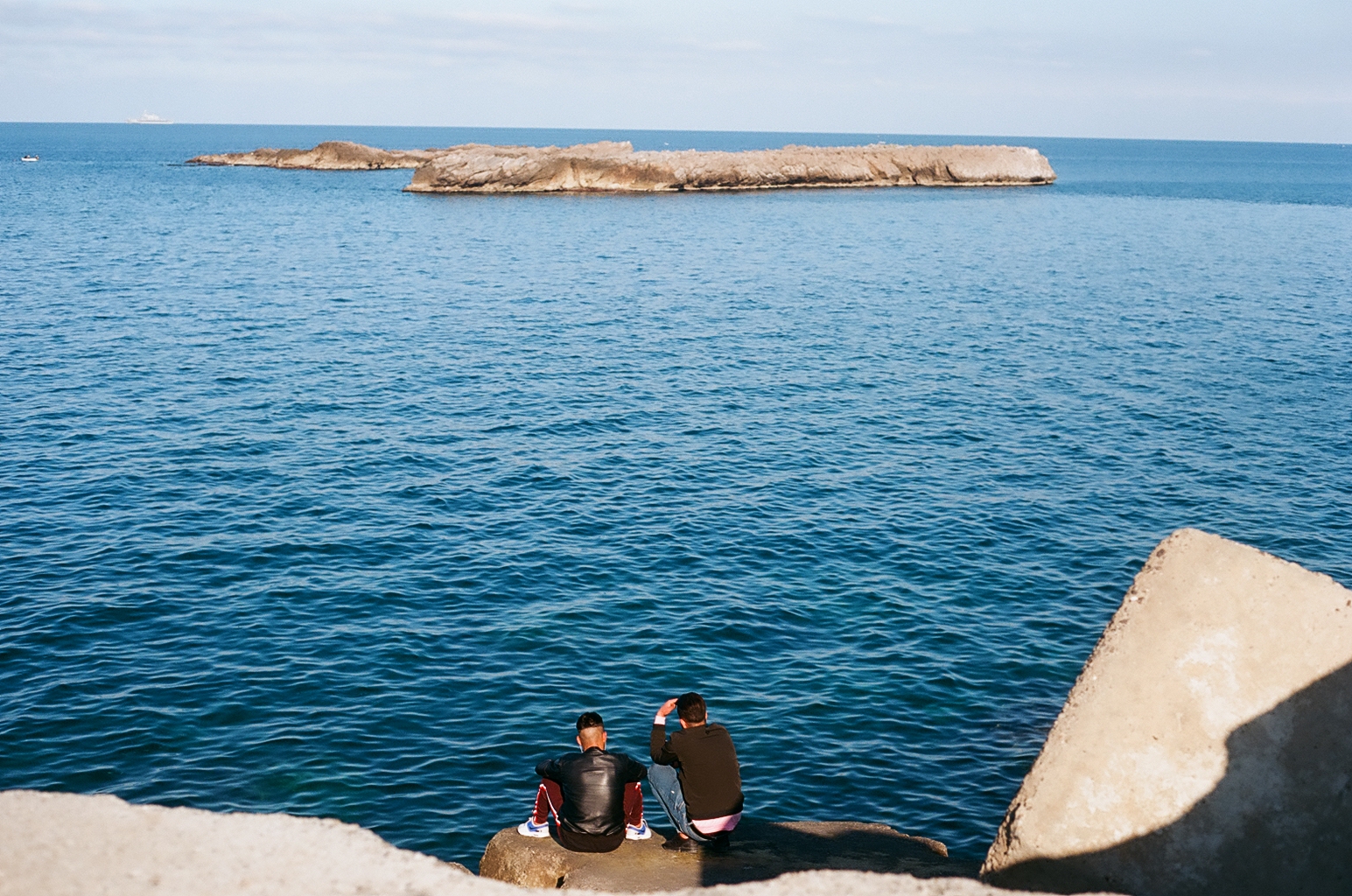
Karim Aïnouz’s documentary, Mariner of the Mountains, is an intimate piece that stitches together a range of documentary styles into a personal reflection akin to the entries of a diary. On a journey to Algeria, Aïnouz narrates to his deceased mother, exploring his own sense of belonging and identity through a lens that transcends geographical borders. The film contemplates the concept of nationhood and identity, navigating both the physical landscape and the ideational expanses that inform personal and collective histories.
Pygmalion’s Ugly Season (Directed by Jacolby Satterwhite)
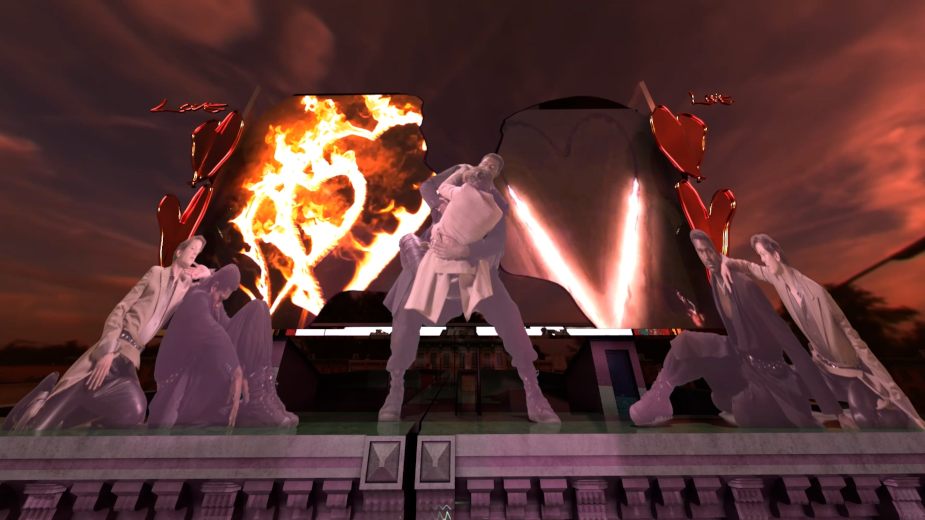
Video artist Jacolby Satterwhite’s Pygmalion’s Ugly Season is a visual echo of Perfume Genius’ album, painting a world of queer utopia amidst a canvas of 3D-generated landscapes and hyper-digital surrealism. The film juxtaposes vibrant computer graphics with the humanity of erotic dance and community, crafting a vision that dismantles tropes of purity for a liberated expression of art and identity.
We’re All Going to the World’s Fair (Directed by Jane Schoenbrun)
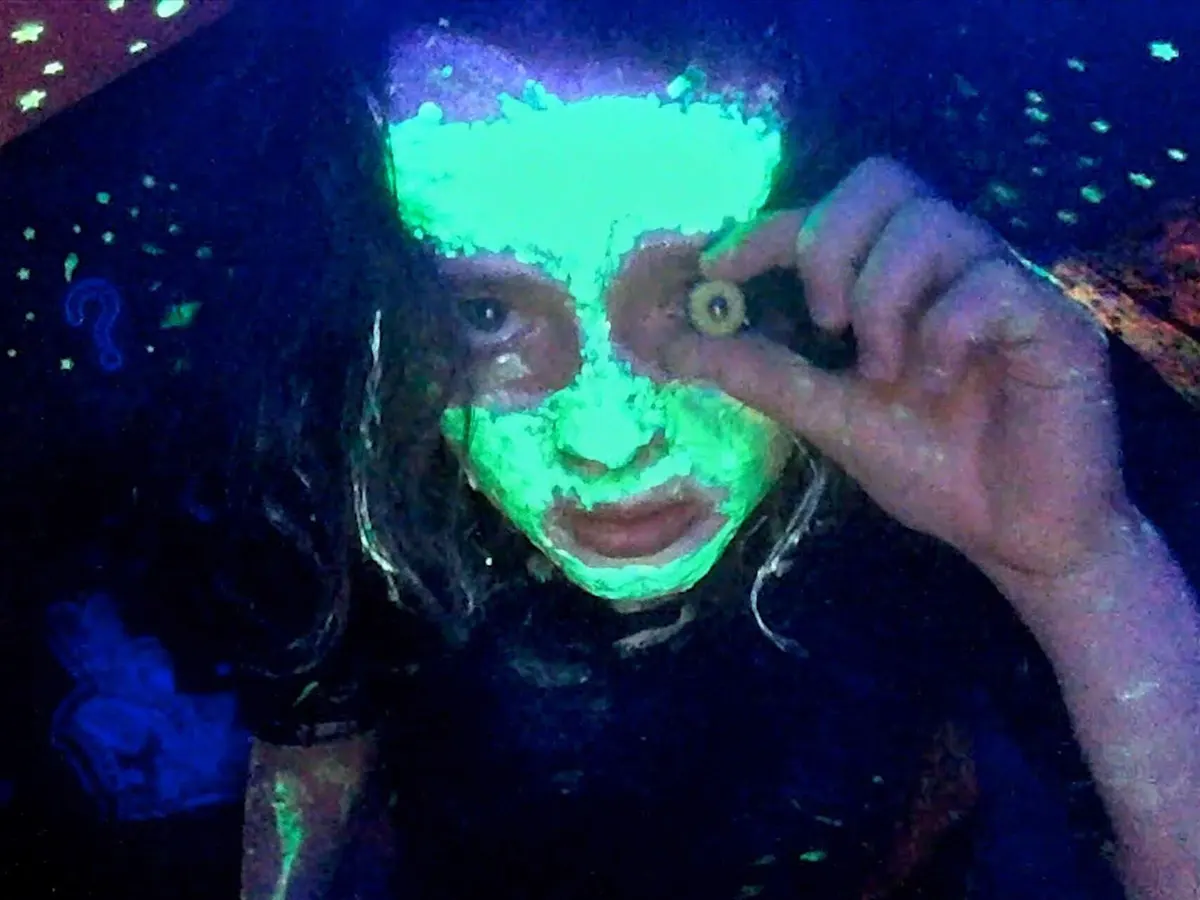
Jane Schoenbrun’s We’re All Going to the World’s Fair is a story of youth and the strange connections forged in the vastness of the internet. With the novel approach of online immersion, the film unfolds through the lens of digital interactions, offering a layered understanding of the characters through videos and algorithms, capturing the melancholic and isolative experience of the digital age.